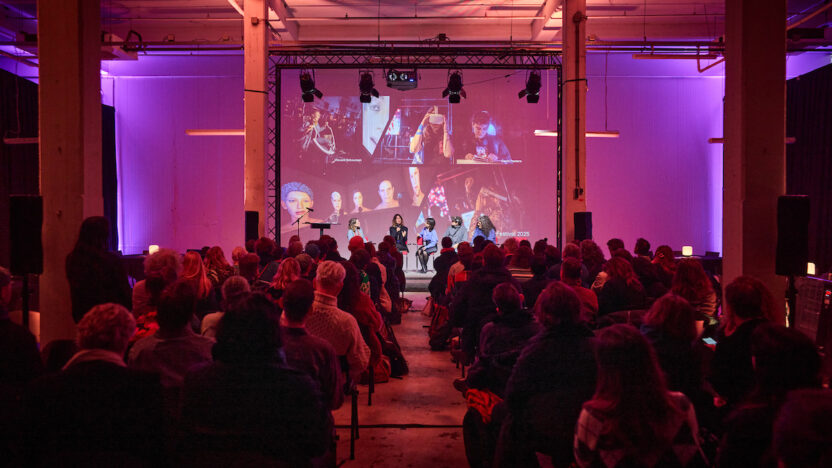Put ourselves in motion: Marcelo Caetano on Baby
Caetano wants to get us moving in times of inertia. The Brazilian filmmaker discusses his second feature Baby ahead of its release across the Netherlands this May, and how he put it together with the help of the Hubert Bals Fund, CineMart and Dutch filmmaking talent.
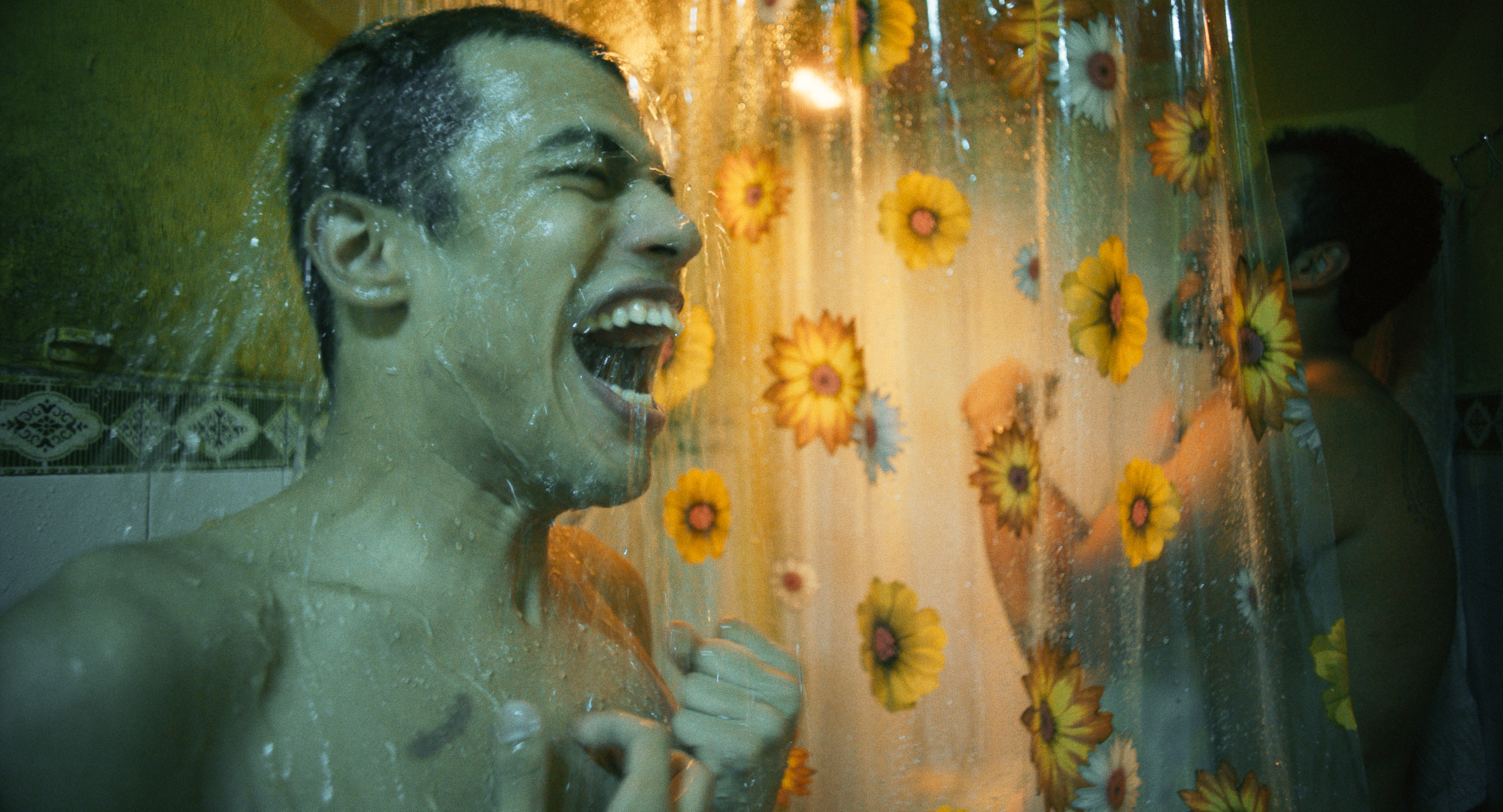
Despite working on his second film for more than seven years, the true essence of Brazilian filmmaker Marcelo Caetano’s Hubert Bals Fund-backed Baby didn’t reveal itself until the premiere. “When I screened the film in Cannes, I said, ‘Oh my God, it’s a love story!’” This came as a surprise, given his intention to create a social commentary about a young gay man abandoned by society, and the harsh realities that the film’s two protagonists must navigate.
After his release from juvenile prison, 17-year-old Wellington, forsaken by his family, is left to build a life for himself on the streets of São Paulo. He encounters the older Ronaldo in an adult cinema, who helps him survive in a world of hustling and sex work. The passionate, often toxic, relationship between the two becomes the heart of the film. “People were touched by the love story, about the impossibility of love between two people that are very, very different from each other.”
“It’s very difficult to represent a contradictory country like Brazil.”
This contrast, between the violence within Brazilian society, and the love between two individuals operating at its fringes, was crucial to Caetano. “It’s very difficult to represent a contradictory country like Brazil, because it is very unequal, it’s very violent, but people here find ways to survive with solidarity, with happiness, with a lot of joy, with a lot of sensuality.” The best Brazilian cinema, he says, finds a way to balance the negativity with joy and colour, in contrast to gruelling social dramas that can often be common on the continent.
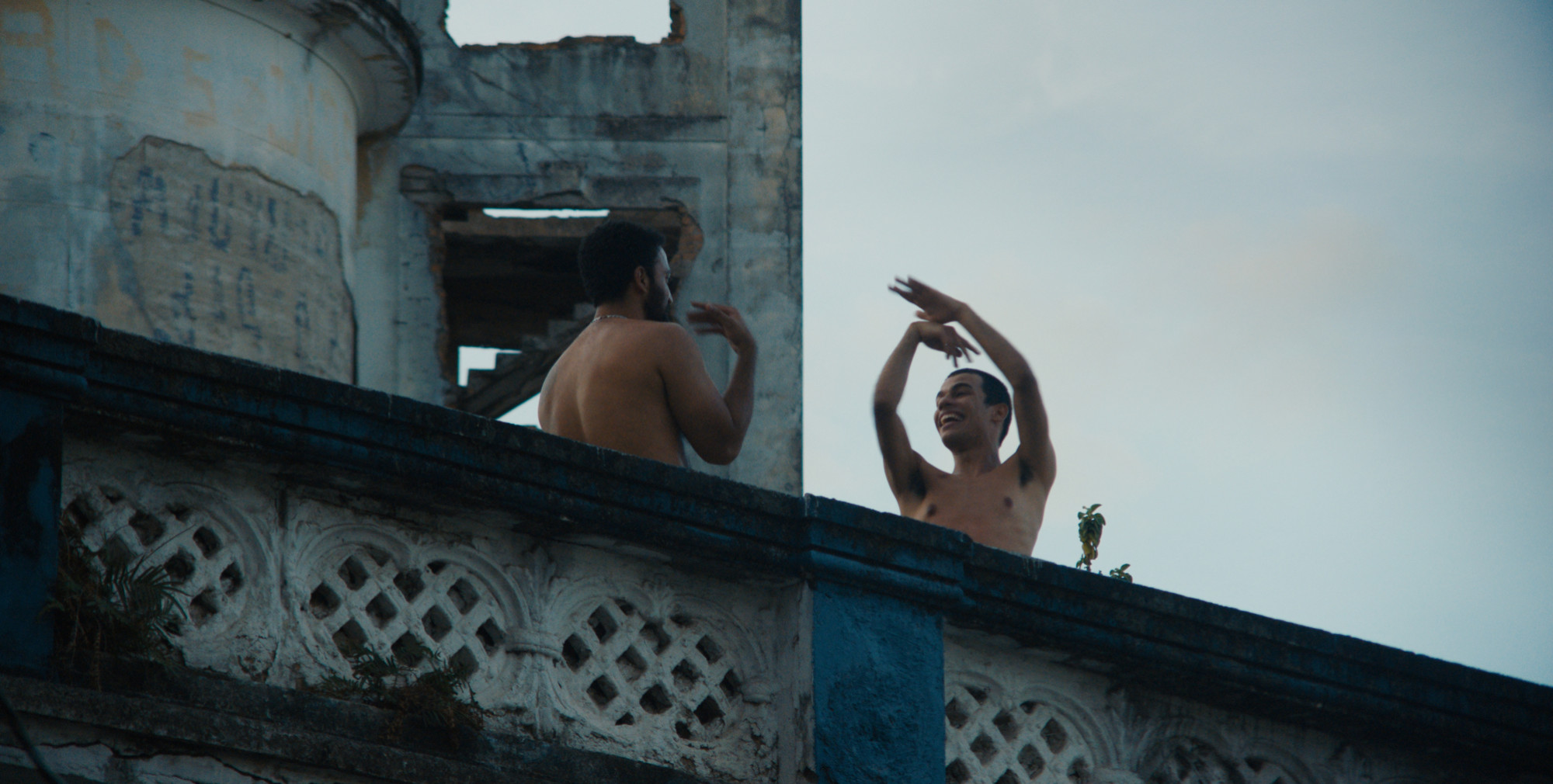
Throughout his work, Caetano approaches relationships, identity, class, and racial and sexual diversity with affection and sensitivity. After screening two short films at IFFR, he found the perfect home for the world premiere of his debut feature Corpo electrico at the festival in 2017. At the time, he already had the initial idea for Baby that he later submitted to the Hubert Bals Fund, which awarded the project a development grant of €10,000 later that year.
“It’s very interesting how you can get close to these people that are very established in the market.”
Reflecting on his many visits to IFFR, he says the festival helped him find his feet within the industry. “It’s not an elitist festival, it’s a democratic way of watching films and discussing films.” An ambience where you can get close to your icons is what has made it special for him. “I had a lot of good experiences of Q&As with directors that I like a lot; I saw an IFFR Talk with Sean Baker, for example. It’s very interesting how you can get close to these people that are very established in the market. I think it’s one of the qualities that is very good for a young filmmaker to go to Rotterdam.”
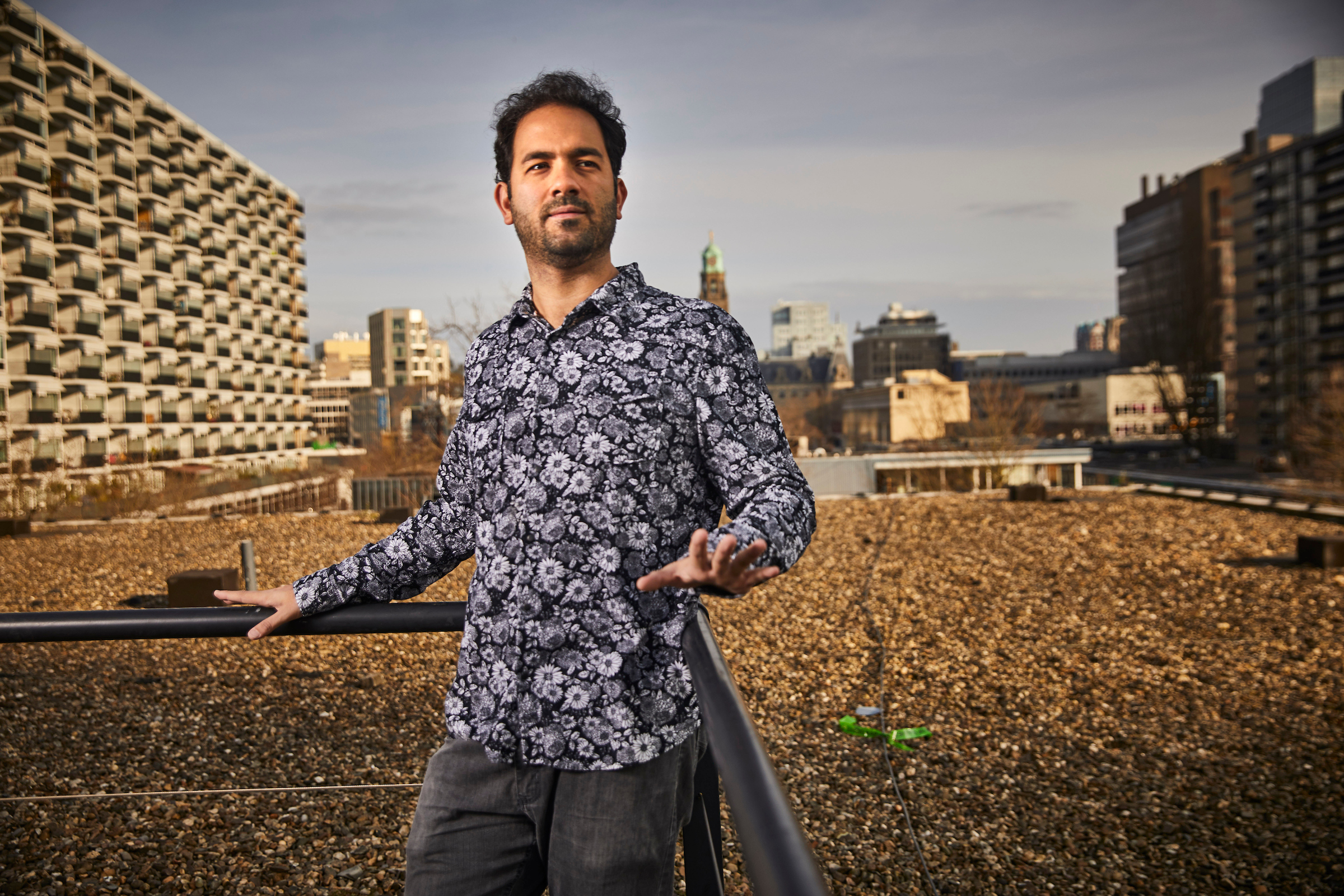
With the initial impetus that came with HBF development funds, the project could gather pace. It was invited to BoostNL, a development collaboration that started at the Holland Film Meeting during the Netherlands Film Festival in September, and concluded at IFFR, where it was presented at the festival’s co-production market CineMart in 2018. They were able to secure the projects co-producers Circe Films (Netherlands) and Still Moving (France), as well as a second Dutch co-producer Kaap Holland Film, that would both later offer plenty creative input as well as post-production for the sound.
“I want to get to people, to get into people’s minds and hearts.”
Despite getting development funds and co-producers on board, there were still plenty of hurdles to overcome, not least the Bolsonaro government that came head-to-head with his struggle for joyous representations of often-stigmatised groups. “The industry in general was very attacked by his government, but LGBTQIA+ projects, cultural and artistic projects specifically.” Unable to get national funding, the project was stalled until they eventually received regional support which meant they could set up their co-production, only to be met with the pandemic.
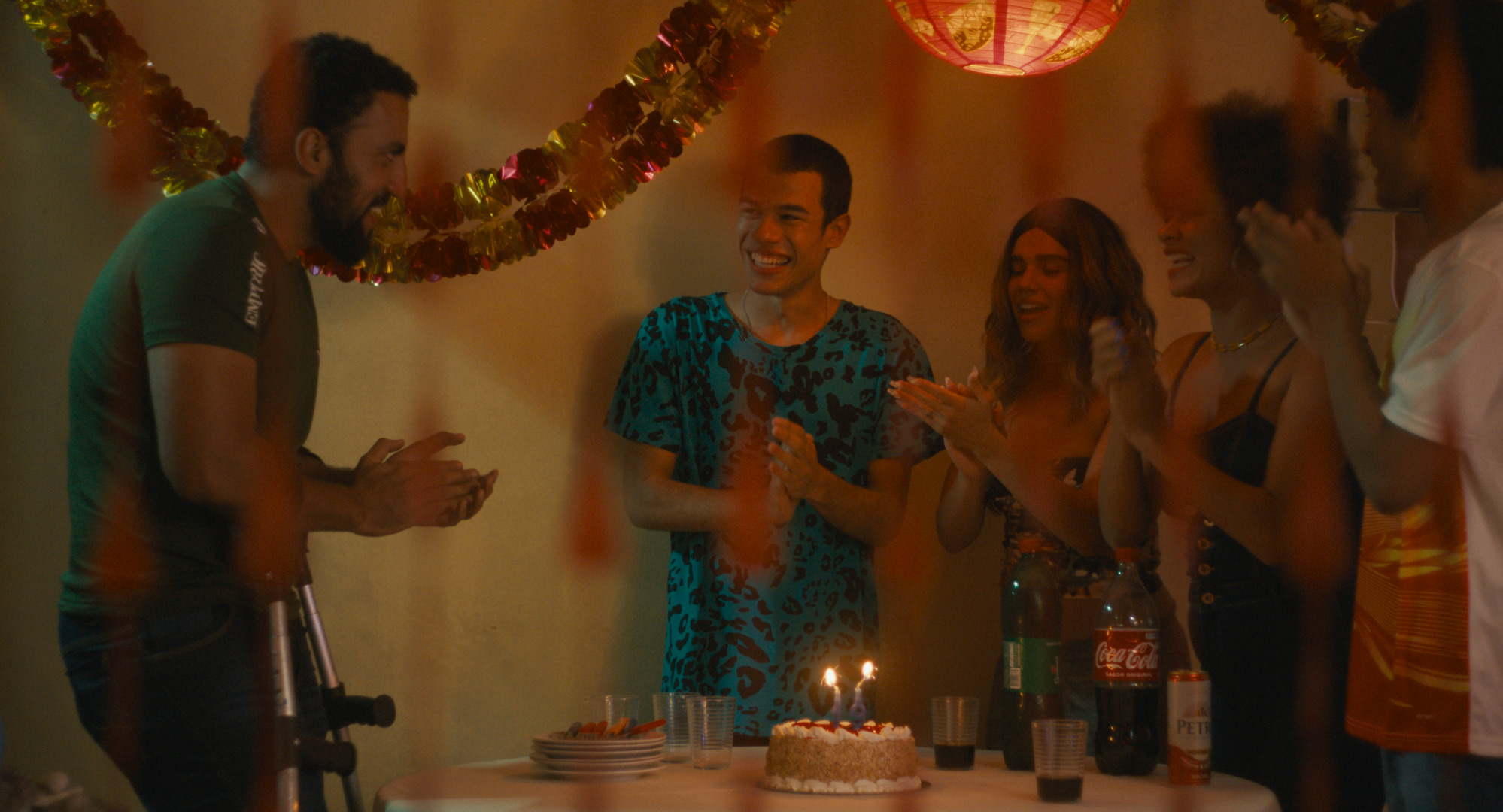
Caetano reflects positively on the lengthy process however, allowing time for the project to breathe. “I took this time to study a lot and to rewrite the film.” In this period, he directed two TV series which he believes were critical for sharpening his understanding of how to reach an audience. “You are trying to put cinema into the TV series, but there was also learning from the other side. I wanted to make a film that’s very connected to the forms of cinema that I like – my obsessions, my eccentricities, my desires, the forms, the way I like to shoot. But I want to get to people, to get into people’s minds and hearts. TV series have to create this connection.”
“It’s my day-to-day life, my friends, my neighbours, the people that live on the streets that I talk to.”
Motivated by a mission to connect his work as an auteur with a form that can grab an audience, he landed on the artistic, and political, core of Baby: movement. As Wellington finds his freedom from prison, he drifts through the downtown streets of the city, reconnecting with the gay urban scene and his group of friends as they vogue on public transport. Under Ronaldo’s wing they move between different spaces and groups, like the warmth of the queer family of his former partner Priscilla and her wife. There’s a dangerous side to this vagrant life, but the energy of the city is alive under the racy funk of the film’s sound design.
“There are very vibrant and colourful migrant, gay, electronic subcultures that exist in the city downtown.”
Caetano shot the downtown scenes with hidden cameras to capture the actors in the real environment, that of his very own neighbourhood. “I’ve been shooting the same place for 15 years, and it’s the area where I live. I can generally walk to the set locations – I’m walking all the time. It’s my day-to-day life, my friends, my neighbours, the people that live on the streets that I talk to.”
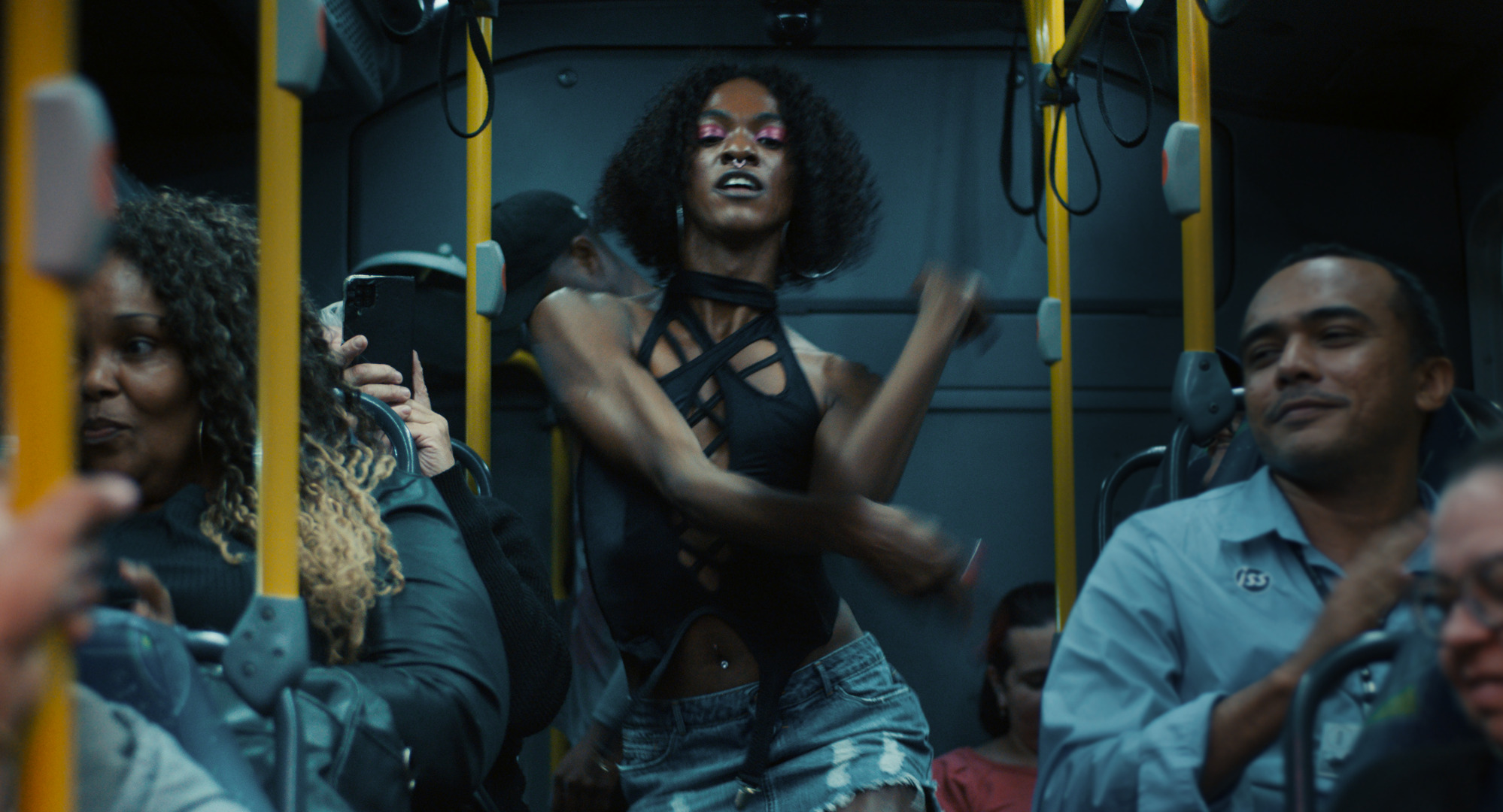
From an insider’s perspective, he wanted to challenge the images he was used to seeing of São Paulo. “When it’s represented in film, generally it’s grey and sad. But there’s a lot of colourful things happening under the skin of the city. It’s a very dynamic place: there are very vibrant and colourful migrant, gay, electronic subcultures that exist in the city downtown.” Bringing the audience in contact with this vibrancy through the film’s ceaseless energy was key, not only to the film’s appeal, but also its social argument.
“We need to put ourselves in motion.”
“This was something that was very political because it’s not a film in an apartment. The movement gives us the perspective of diversity, because you’re finding new things, new identities all the time.” He wants the film to get us moving at a time when many suffer from inertia. “People are on the couch watching Netflix. People are not going to political gatherings. People are not going to parties. People are using dating apps. We are getting more and more and more stuck.” For Caetano, Baby is rallying cry to “put ourselves in motion.”
“You can get deeper into the stories if you understand that people are not only victims.”
Another element Caetano sees as fundamental to his politics is the casting. Tired of seeing the same faces across Brazilian film and TV, he sets up public castings that he announces in local newspapers. João Pedro Mariano, who plays Wellington, was chosen from nearly 2,500 hopefuls who sent in their pitch. Ricardo Teodoro, who plays Ronaldo, had worked with Caetano on a TV series after a similar casting process, and was recognised at Cannes’s Semaine de la Critique, winning on the Prix Fondation Louis Roederer de la Révélation, the rising star award.
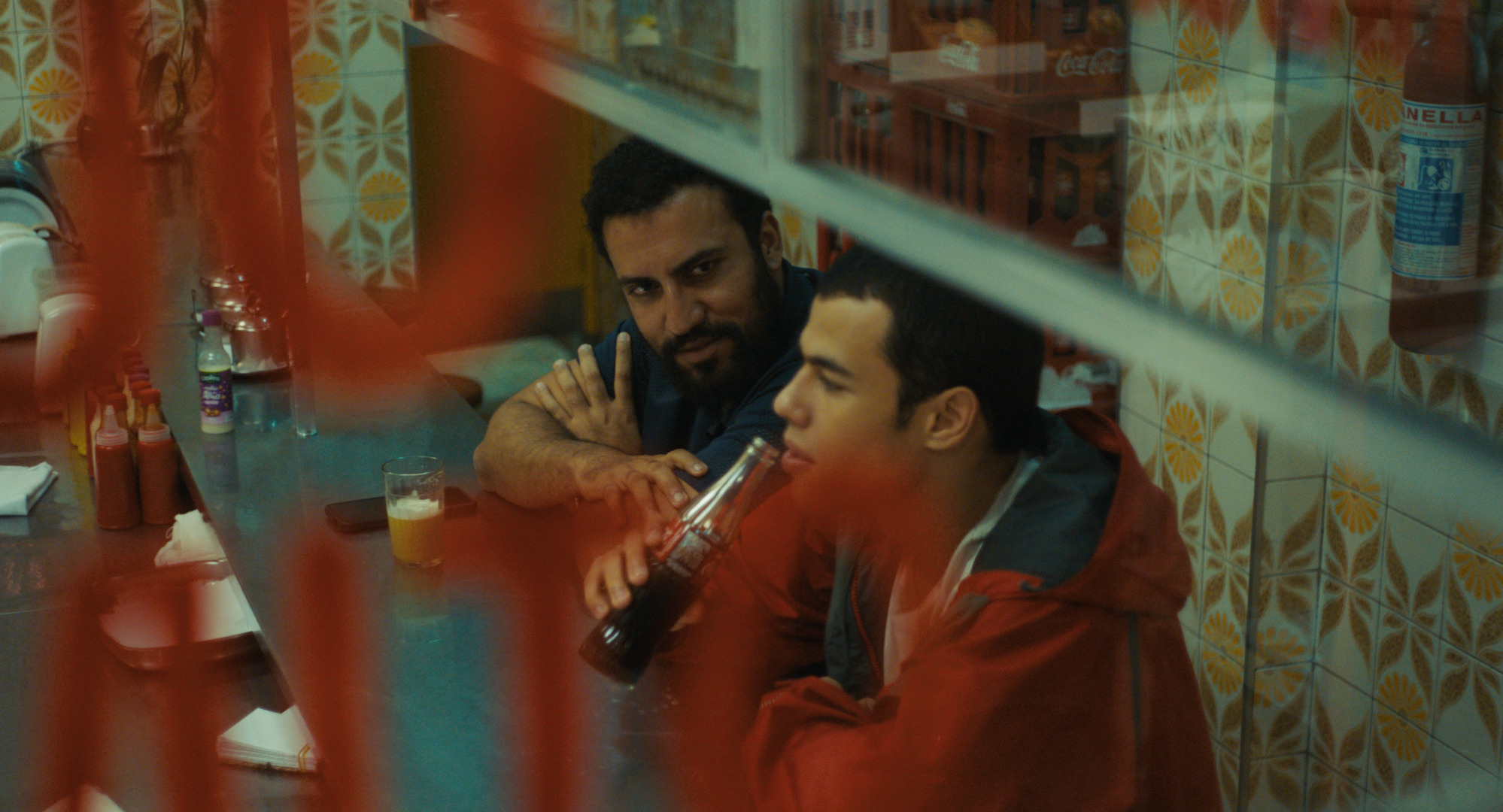
Placing the actors in the real surroundings of gritty downtown São Paulo, his directing style keeps his philosophy at heart. “You can get deeper into the stories if you understand that people are not only victims.” Even though the characters are dealing with trauma, with violence and with exclusion, they can’t identify as victims, he tells them. Instead: “You have to think of yourself as a fighter, as the resistance, as a soldier. You are fighting. You are defending yourself.”
“Sometimes the best defence is love, is sex, is pleasure, is music” – and for Caetano, film.
A list with articles
-
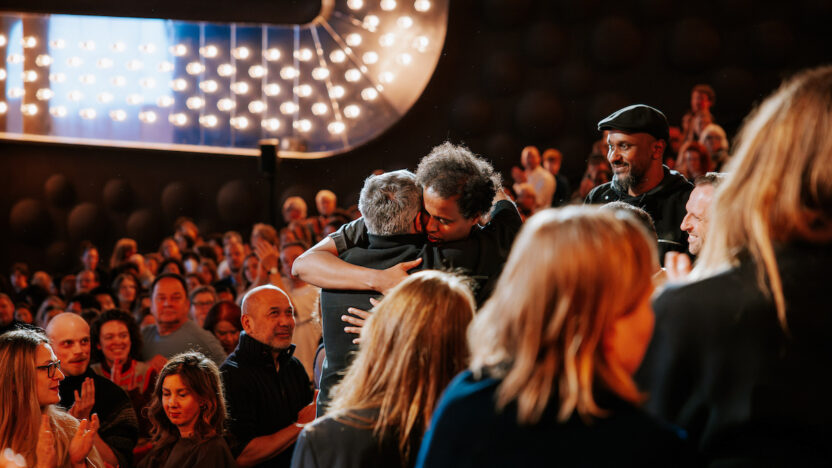
IFFR closes its 55th edition celebrating an uptick in new, younger audiences and industry attendees
Published on:-
News
-
Press release
-
-
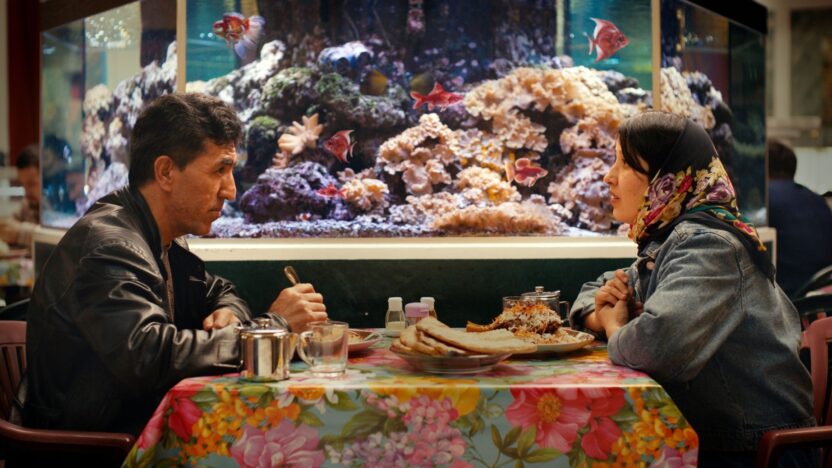
Shahrbanoo Sadat’s No Good Men opens Berlinale 2026 among strong HBF and CineMart lineup
Published on:-
CineMart
-
Hubert Bals Fund
-
IFFR Pro
-
-

